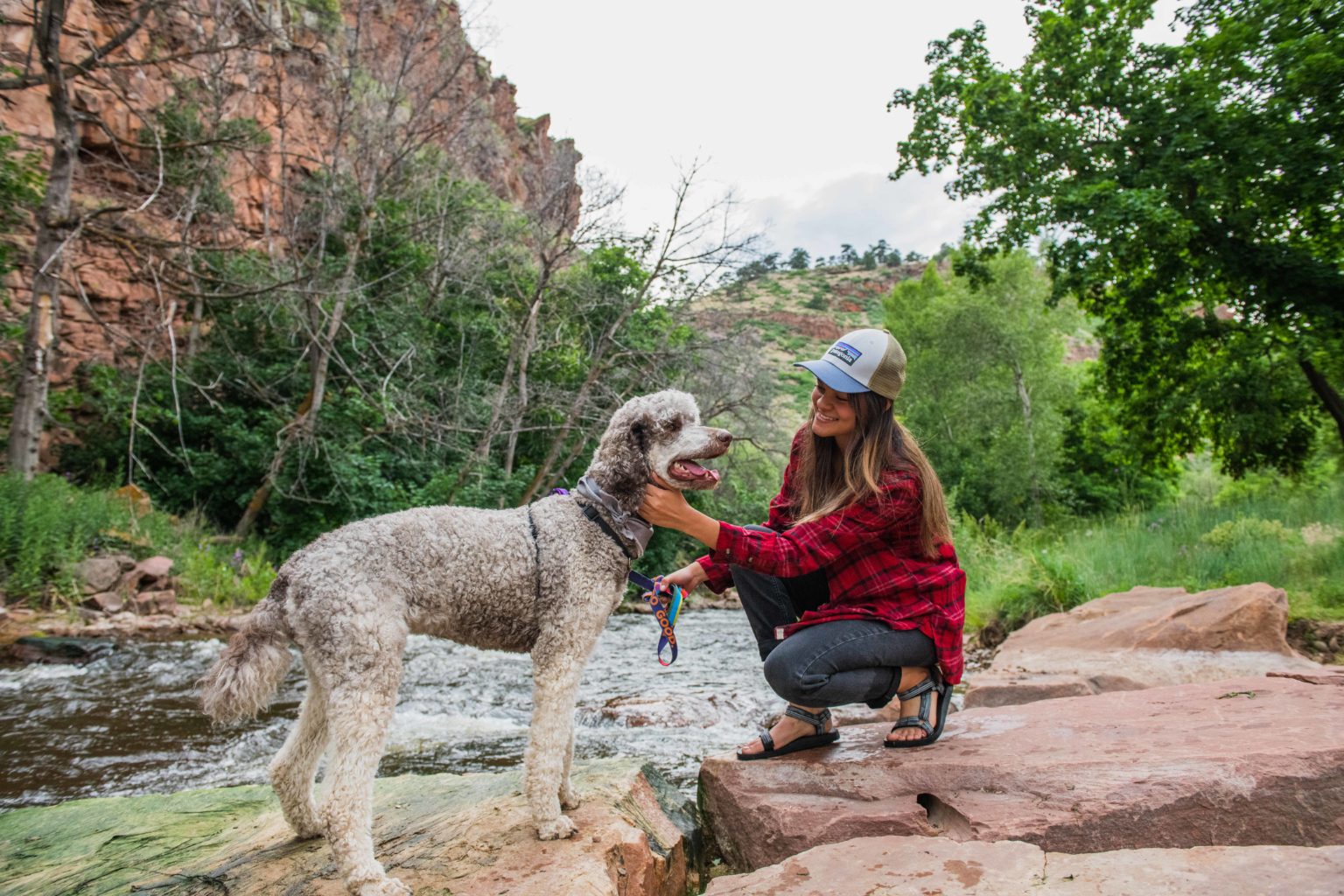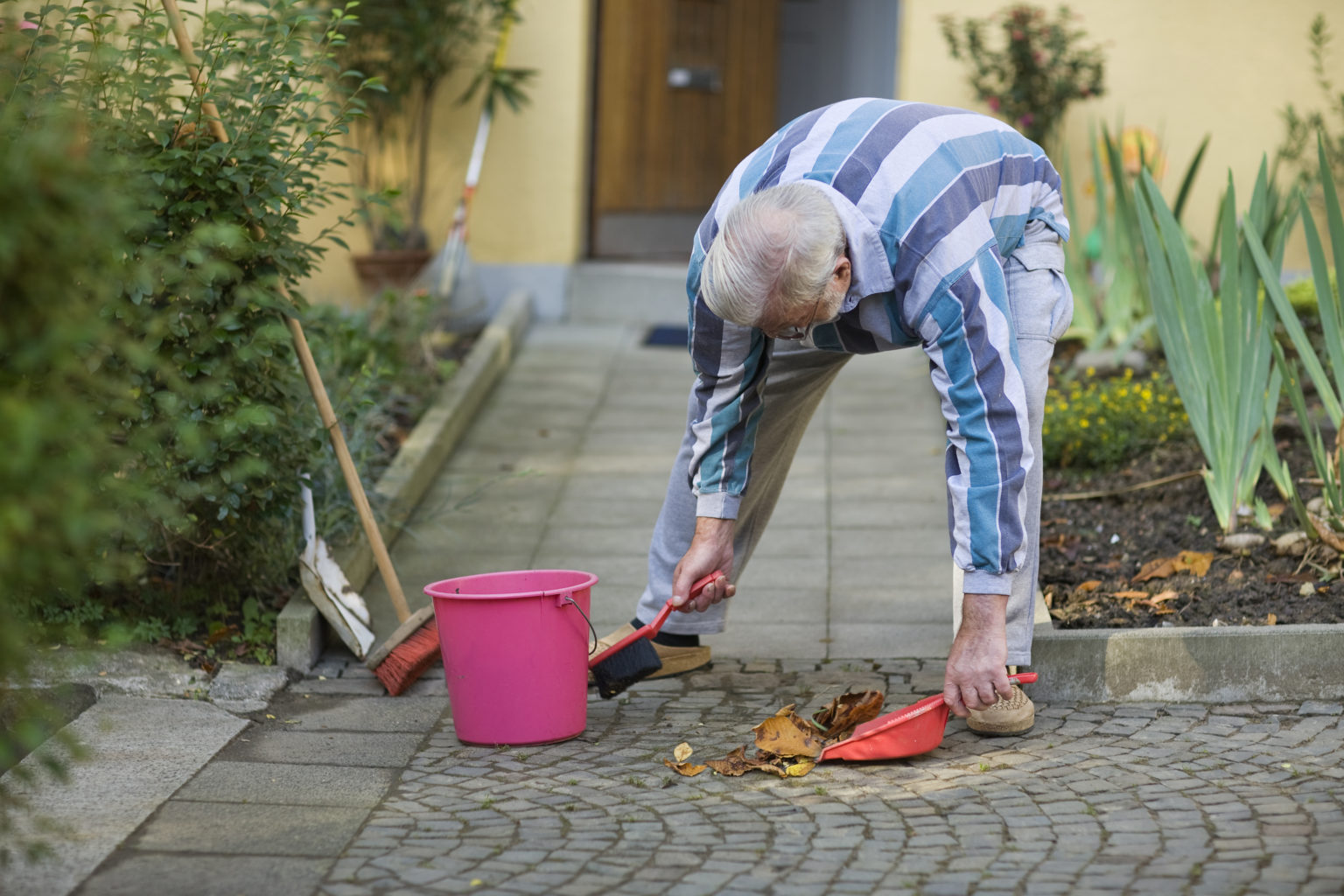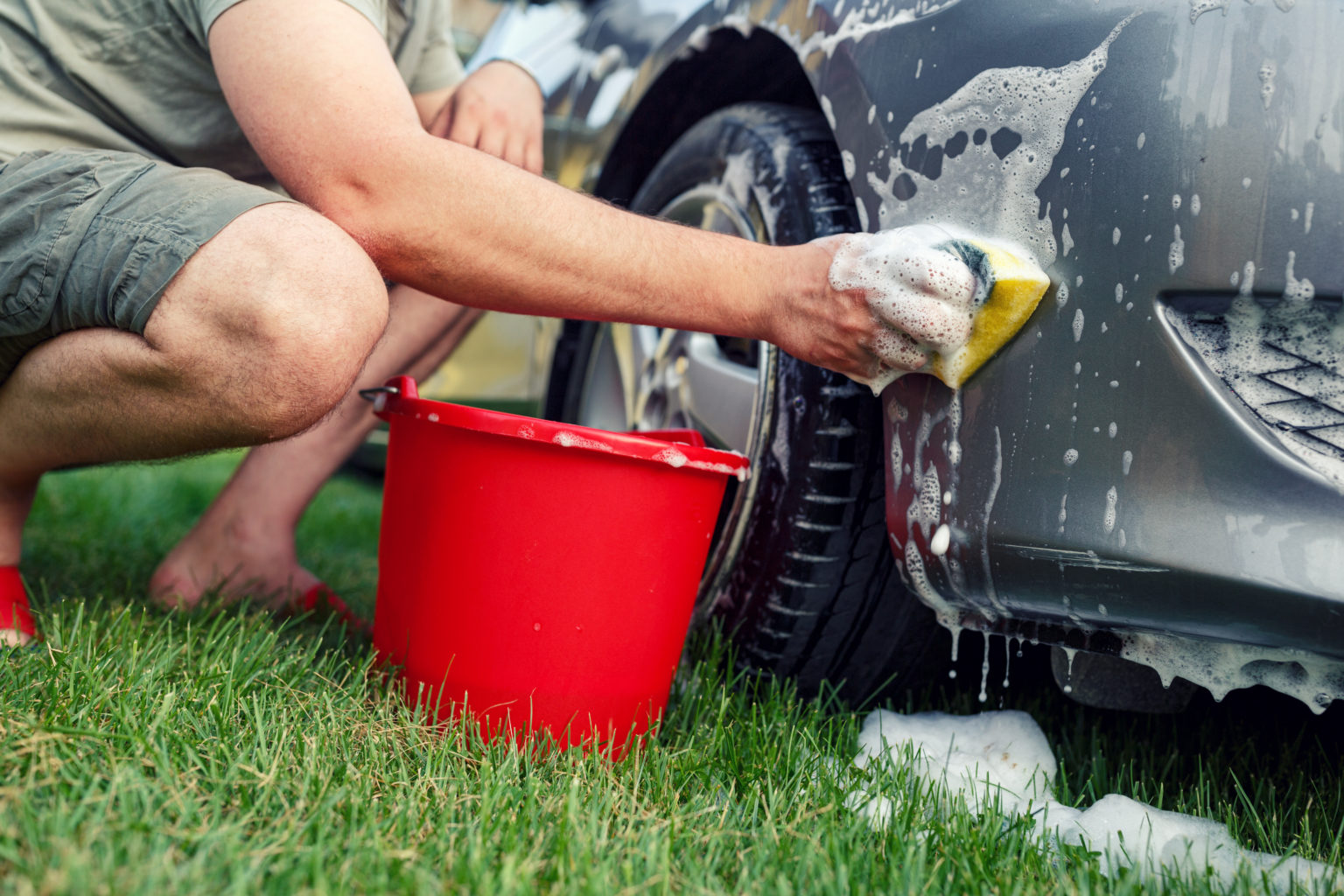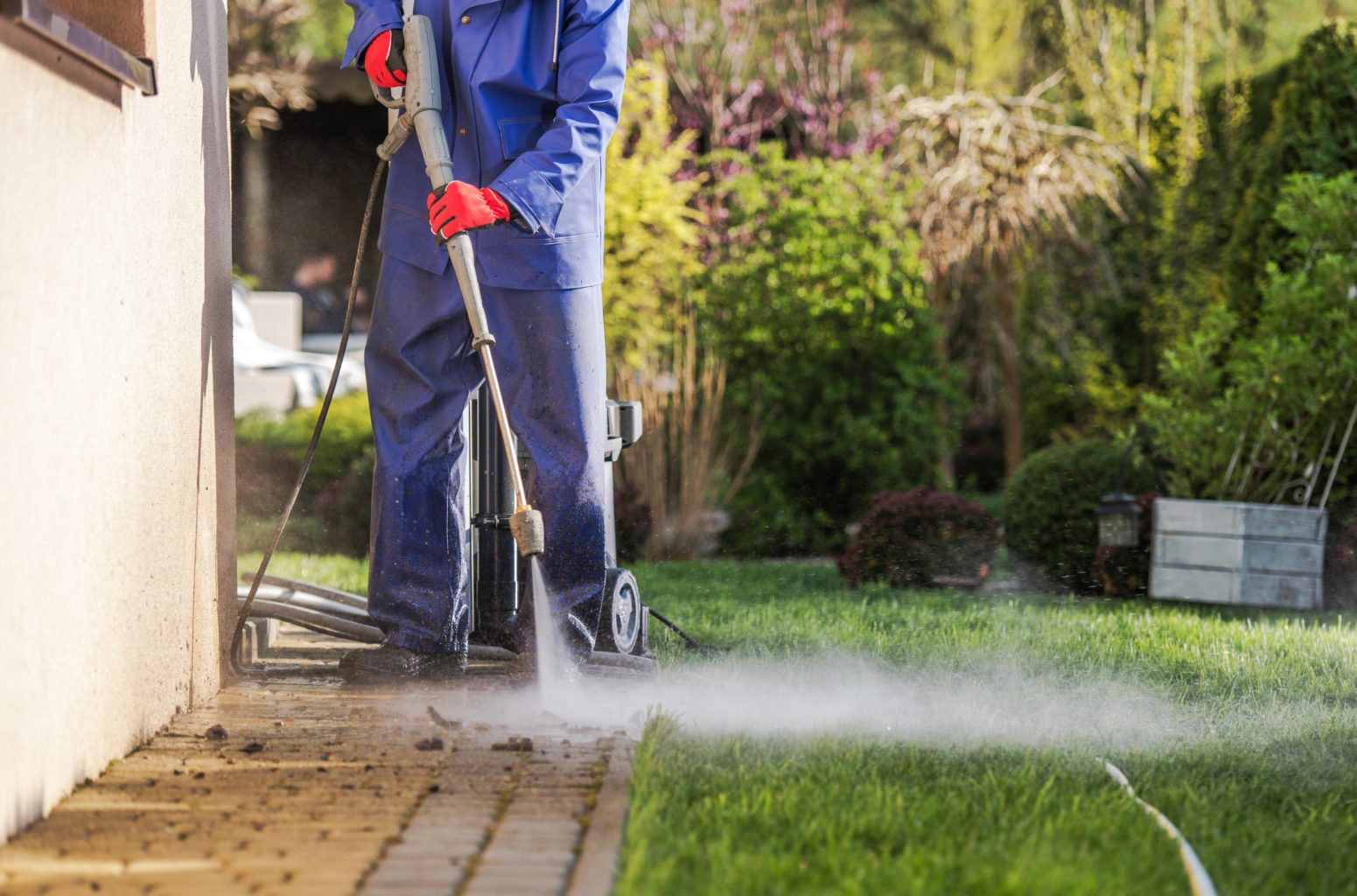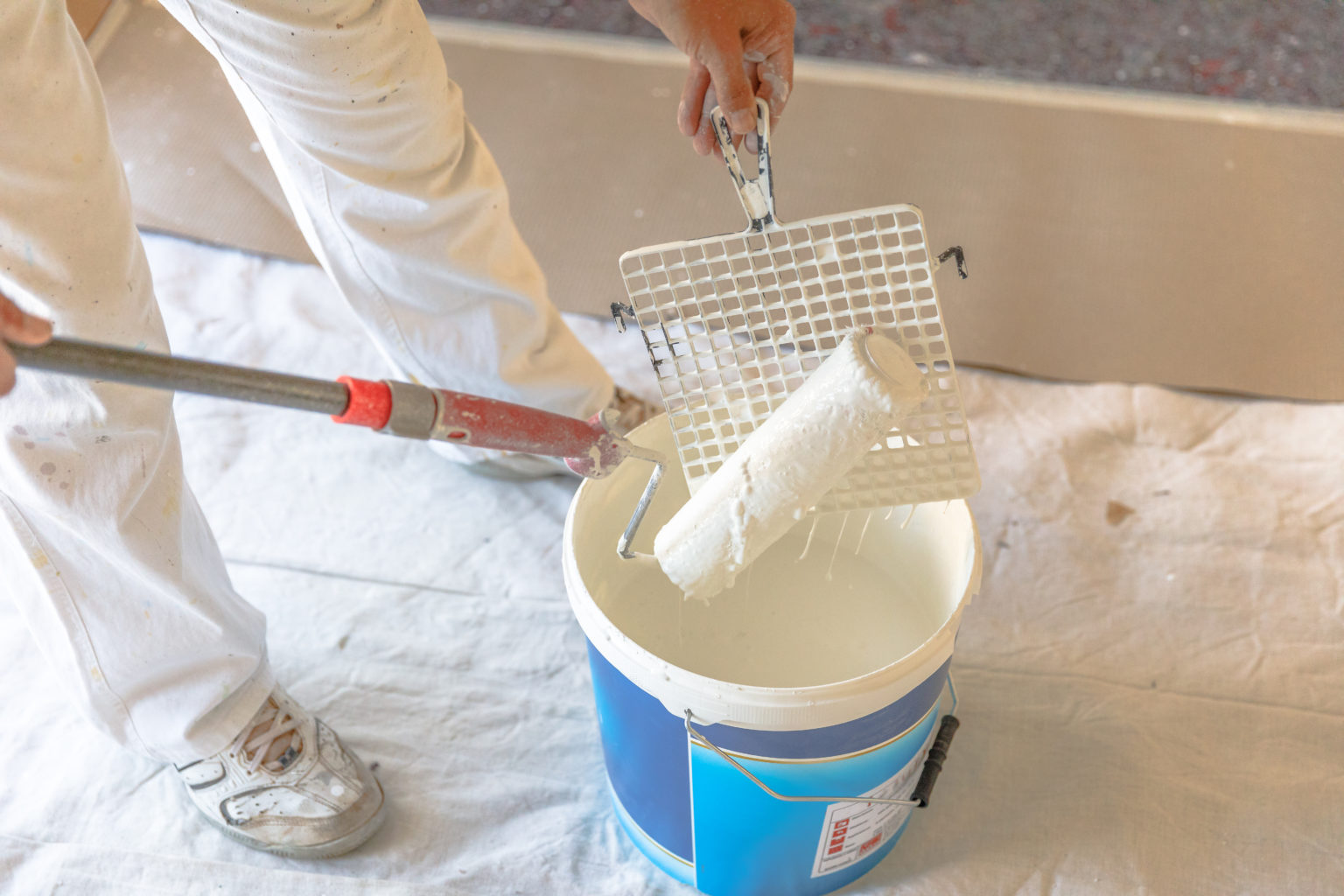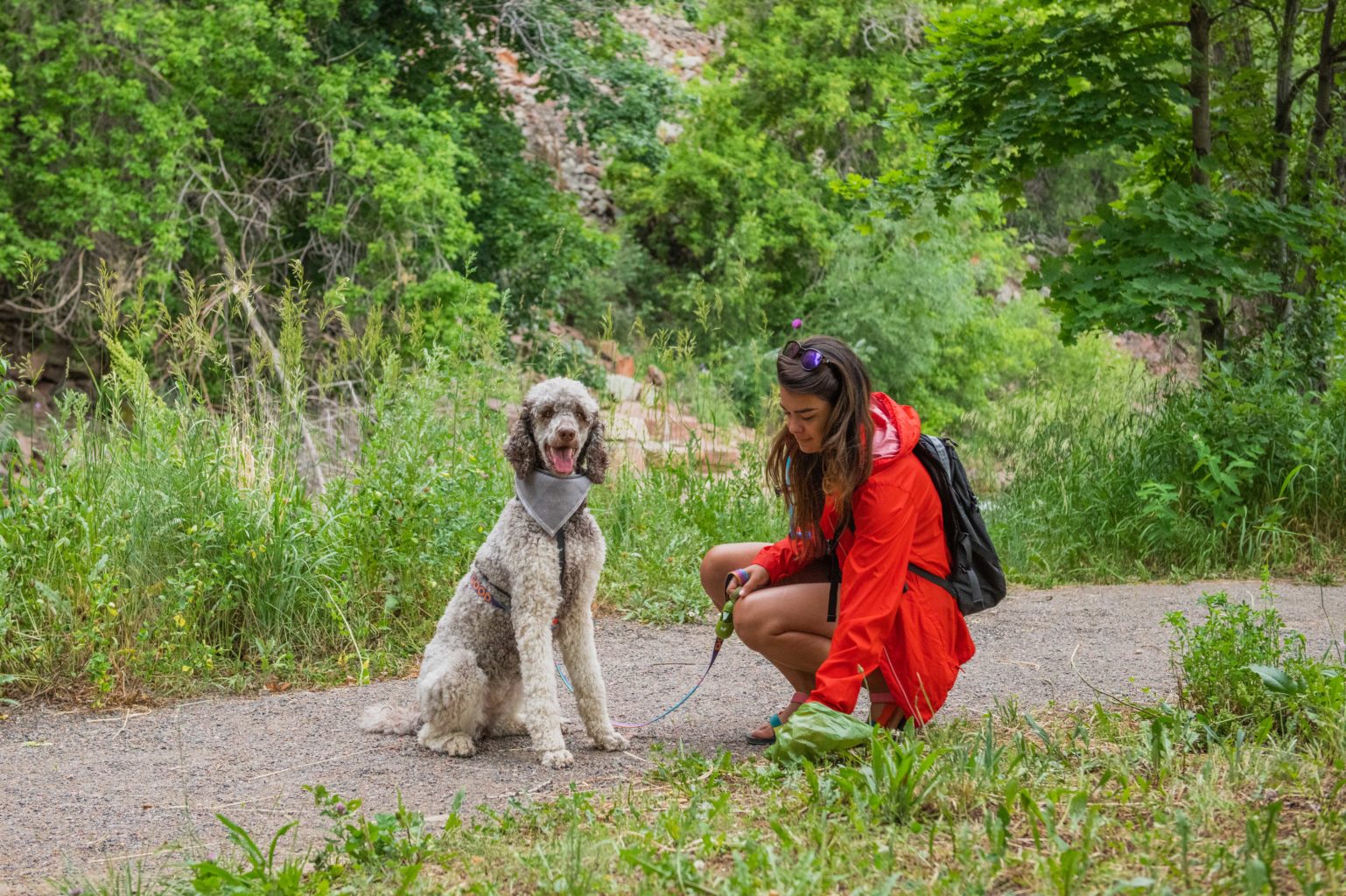
Clean up after pets
Approximately 77,349 dogs live in Boulder County. That many dogs creates a lot of dog waste! You can make a difference by being a responsible pet owner. Be prepared and carry bags with you to pick up pet waste on the trail, at the park, around your neighborhood, and anywhere else you take your dog. Pick up after your pet at home using bags or a scooper and place in a trash can. Do not leave bags on the side of trails—there isn’t anyone designated to pick them up!
Read the Pet Waste Flyer (English) / Desechos de mascotas (Spanish) for more tips.
